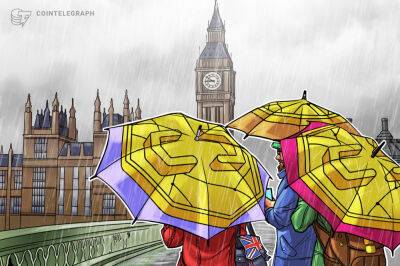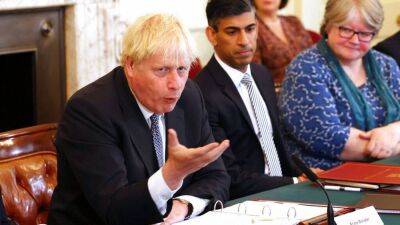Britain’s hidden online ‘microworkers’ paid less than £4 an hour
Workers engaging in a rapidly growing form of unregulated internet labour known as microwork are routinely being denied the minimum wage, it can be revealed.
An investigation by the thinktank Autonomy and researchers at the University of Exeter and the London School of Economics suggests that thousands could be earning less than £4 an hour.
Microworkers perform simple tasks such as identifying and captioning images to nudge along artificial intelligence operations, data entry, or simply clicking on ads to drive traffic. The industry grew during the pandemic as people were forced to work from home.
But the survey of 1,189 UK-based microworkers suggests that, like others in the gig economy who are not classified as employees under employment law, wages are often below the minimum wage.
Almost two in three said they earn less than £4 an hour under piece-wage terms in which they are paid per task, with 95% making less than the UK minimum wage. The hourly rate is effectively even worse as workers must spend time securing new assignments. Some 30% of microworkers said they spend at least half an hour on unpaid activities per hour of paid work.
Most microworkers, who number well into the millions, are from countries such as India, Kenya and Venezuela but with wages flatlining in the UK amid a cost of living crisis even such low wages are becoming increasingly attractive for Britons.
The report said: “Microwork and other forms of digital piece work are beginning to play an important role within neoliberal ‘hustle culture’: the idea that individuals ought to be productive all of the time and that success is determined by endless work and the attainment of an entrepreneurial ideal. Due to the influence of a pervasive ‘always on’ culture
Read more on theguardian.com



















